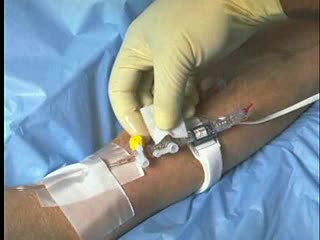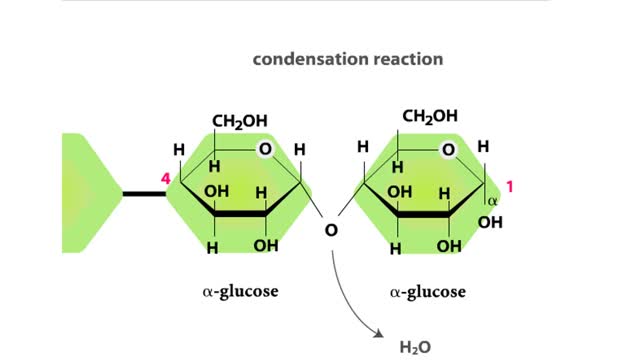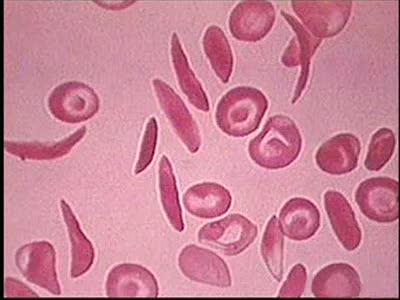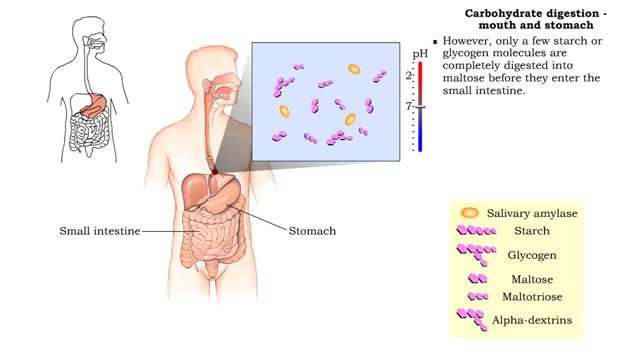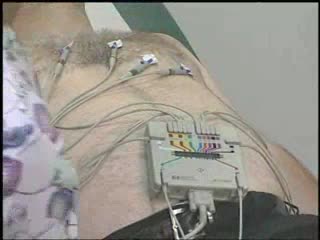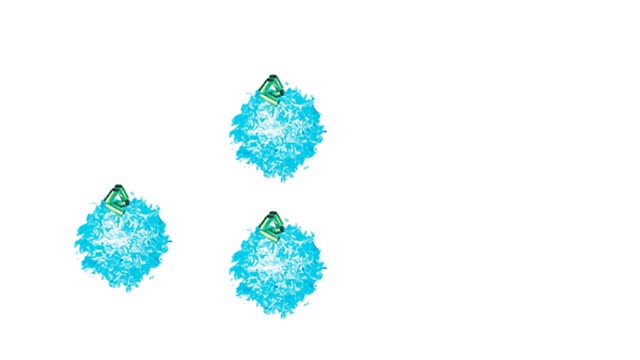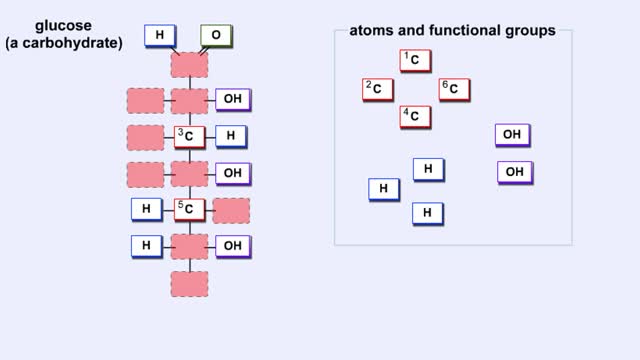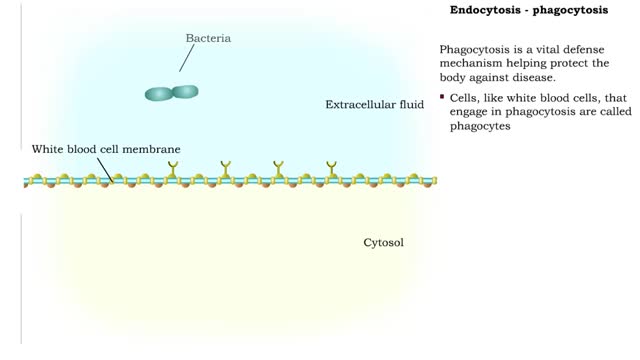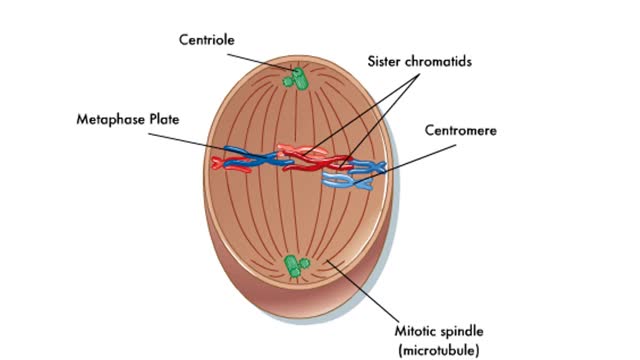Search Results
Results for: 'plant cell wall'
By: Administrator, Views: 14799
Leukemia is a type of cancer that affects the blood and bone marrow. Leukemia begins in a cell in the bone marrow. The cell undergoes a change and becomes a type of leukemia cell. Once the marrow cell undergoes a leukemic change, the leukemia cells may grow and survive better than normal cells.
Major Elements in Biological Molecules: Carbohydrates
By: HWC, Views: 10668
Carbohydrates include simple sugars (monosaccharides) as well as large polymers (polysaccharides). Glucose is a hexose, a sugar composed of six carbon atoms, usually found in ring form. A starch macromolecule is a polysaccharide composed of thousands of glucose units. Glucose molecules can be ...
Introduction to Sickle Cell Anemia
By: Administrator, Views: 14613
Sickle cell anemia (sickle cell disease) is a disorder of the blood caused by an inherited abnormal hemoglobin (the oxygen-carrying protein within the red blood cells). The abnormal hemoglobin causes distorted (sickled appearing under a microscope) red blood cells.
Carbohydrate digestion - mouth and stomach & pancreas and small intestine
By: HWC, Views: 10929
• Digestion of complex carbohydrates (starches and glycogen) involves: • Amylases produced by the salivary glands and pancreas. • Brush-border enzymes in small intestine. • In the mouth, amylase from the parotid and submandibular salivary glands begins carbohydrate digestion. �...
By: Administrator, Views: 13934
An electrocardiogram (ECG or EKG) is a test that checks how your heart is functioning by measuring the electrical activity of the heart. With each heartbeat, an electrical impulse (or wave) travels through your heart. This wave causes the muscle to squeeze and pump blood from the heart. Sinoat...
Cell mediated immune response to a viral infection Animation
By: HWC, Views: 7031
Intracellular pathogens are the targets of cell-mediated immune response. The process begins when a virus infects a macrophage. Another macrophage engulfs the same virus or an antigen from it. In both cells, enzymes cleave the viral antigens into small bits. The fragments move to the cell sur...
What Are Carbohydrates? Importance of Carbs & High Carb Food
By: HWC, Views: 11240
We hear a lot about carbohydrates in the news. Everybody seems to be on a low-carb diet. The news media often has stories on this diet fad, and companies are busy producing products with reduced carbohydrates. What's this fascination with carbohydrates? In a word: "Diet." The fact is that carb...
Endocytosis -Types and Phagocytosis
By: HWC, Views: 11155
Endocytosis is the process by which a substance is brought inside a cell without having to pass through the cell membrane. It is the opposite of endocytosis, the process by which substances exit the cell without having to pass through the cell membrane. Exocytosis – membrane-enclosed secret...
By: HWC, Views: 9122
Prophase is the first step in the mitotic process. During prophase, the chromosomes condense. The centrosomes begin to form a spindle and move into position on opposite sides of the cell. Sister chromatids are held together by a protein called cohesin at the centromere. Prometaphase is the sec...
Advertisement



